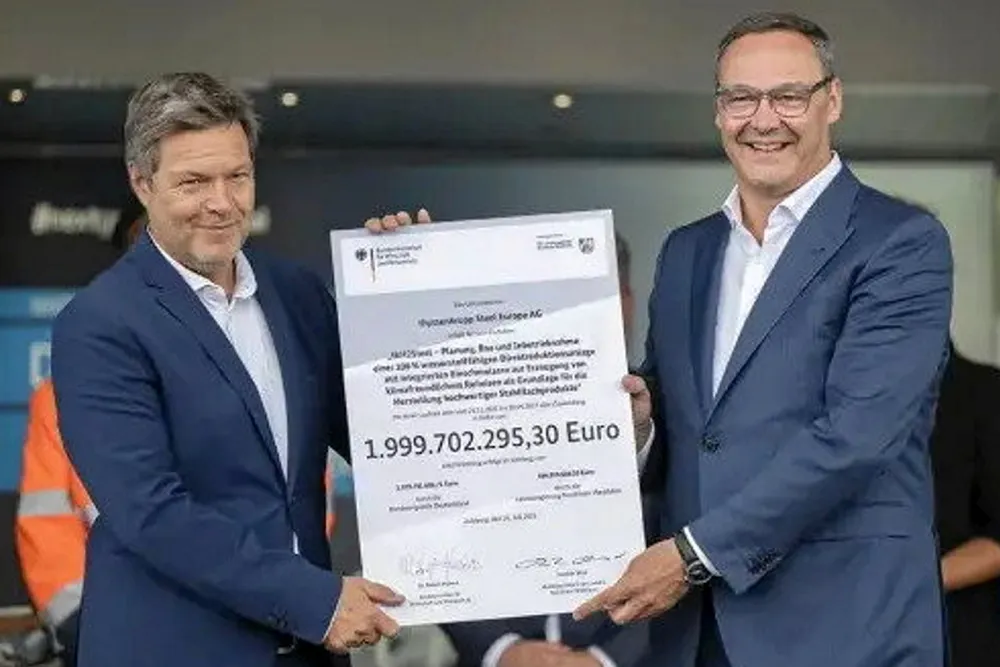Thyssenkrupp Steel launches tender for up to 151,000 tonnes of annual clean hydrogen supply in Germany
Steelmaker is seeking ten-year contracts for green or blue H2 to reduce emissions at country's largest steel mill

Steelmaker is seeking ten-year contracts for green or blue H2 to reduce emissions at country's largest steel mill
